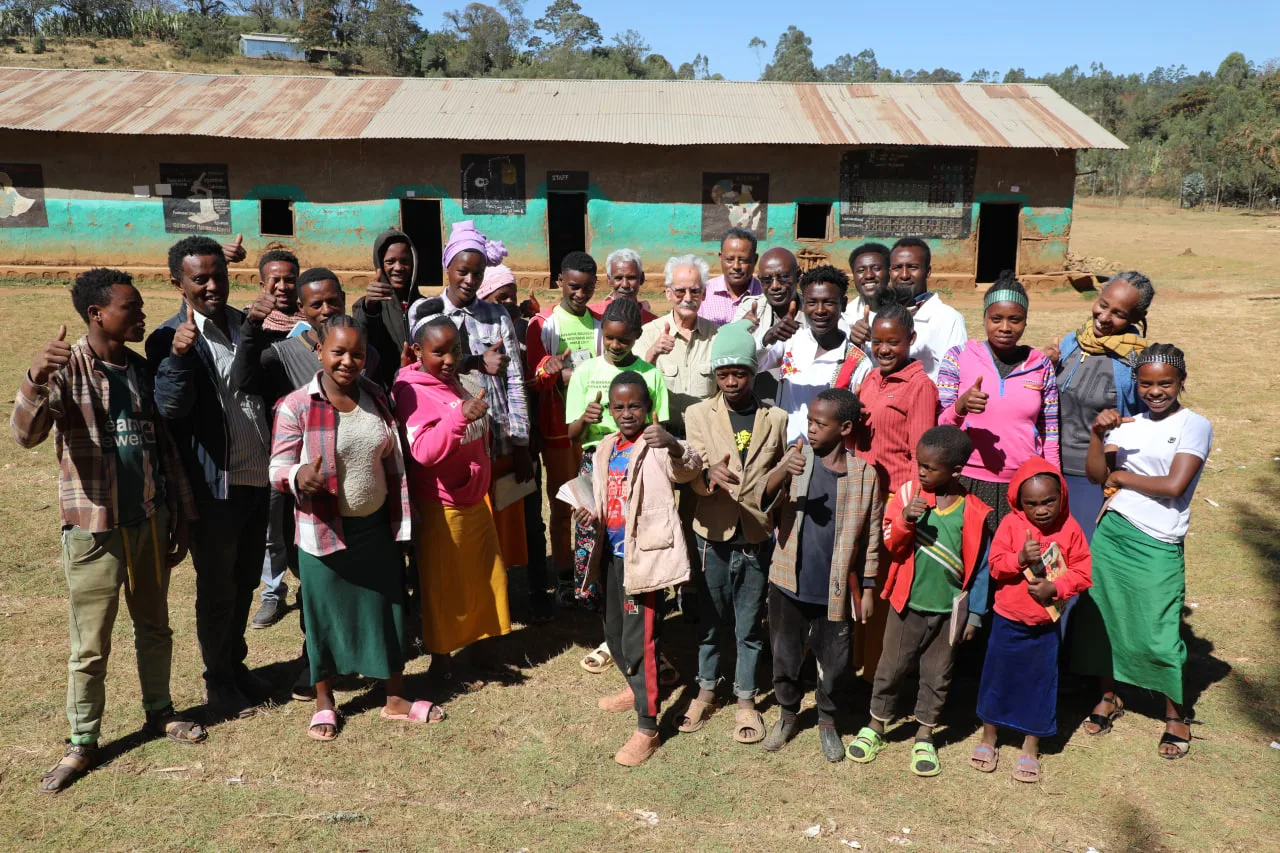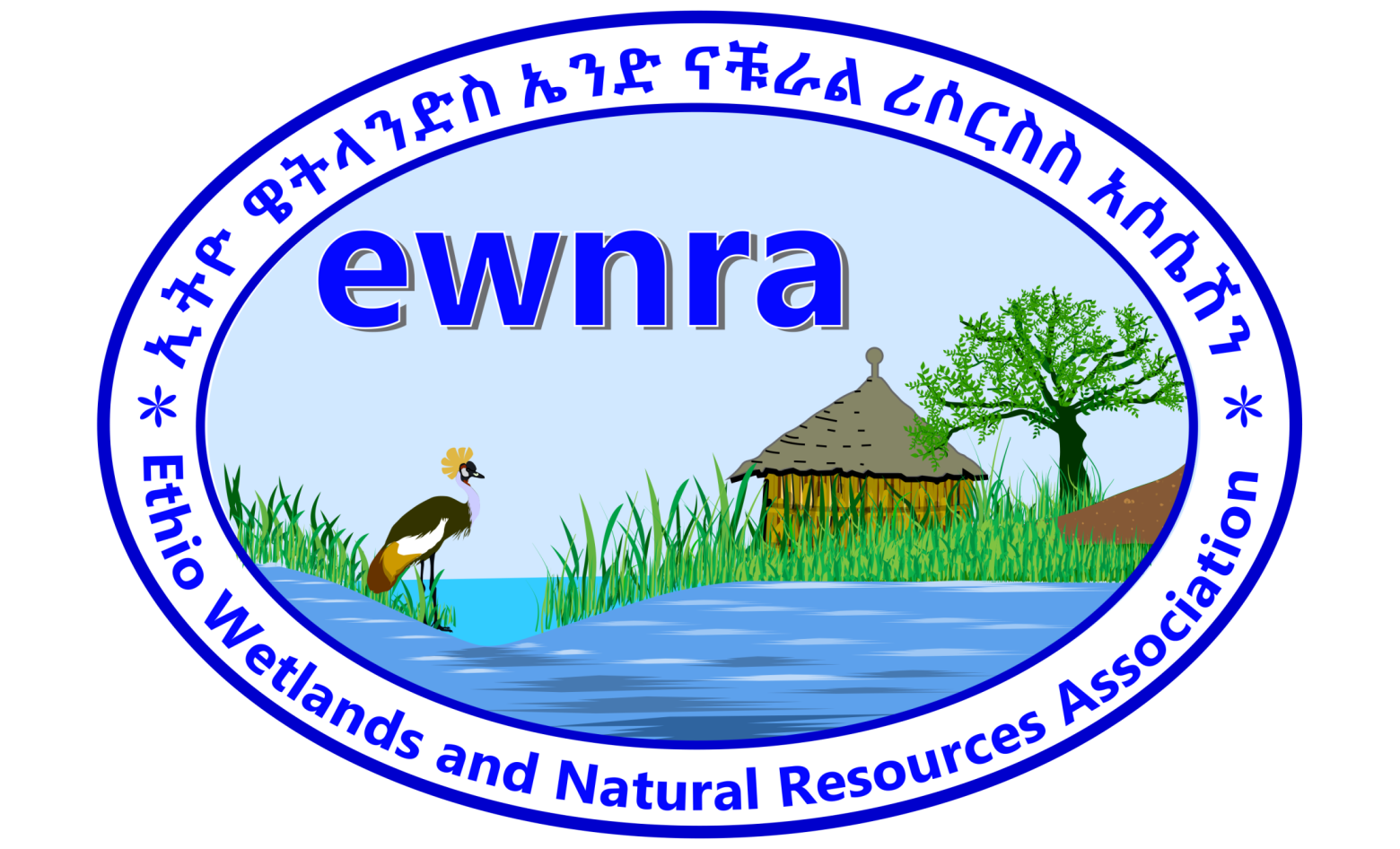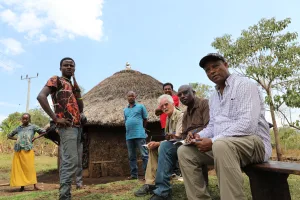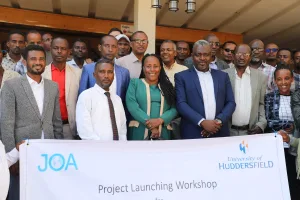The monitoring team resumed its visits on the second day of their field trip as part of the Integrated Actions for Building Resilient Communities project in Hambala Wamena District. The initiative, which is being funded by Menschen für Menschen Switzerland and implemented by EWNRA, is designed to support poor community members in several rural kebeles and one semi-urban community. With the project’s timeline running from January 2024 to June 30, 2026, the team’s visits are crucial for assessing progress and ensuring that project goals are on track.
This week’s round of visits and monitoring is aimed at providing a detailed review of the project’s ongoing activities, with a focus on its impact on local beneficiaries. The monitoring team, consisting of project leaders, donors, and key experts, visited multiple sites where community-driven initiatives are underway.
Key Activities and Visits on Day-2:
The day began with a visit to the School Club in Chorso Sodu Kebele, where educational programs aimed at empowering youth are in full swing. This initiative particularly focuses on empowering girls by encouraging them to engage actively in all aspects of their scool and community. The club has supported girls by providing essential hygiene items, including sanitary pads, to ensure their continued participation in school activities. The girls warmly welcomed the visitors, explaining their roles within the club and sharing their appreciation for the support they have received from the project and its donors.
Next, the team visited the Multipurpose Nursery Site in Aalaka Korchana Kebele, where efforts are being made to promote sustainable agriculture. The nursery is being prepared to provide productive seeds and seedlings, including coffee, fruits, and spices, to support local farming communities and enhance their agricultural practices.
The monitoring team also visited Ifa Boru SACCO, a Savings and Credit Cooperative (SACCO) in Tirtira Kebele, which empowering rural women to gain financial independence and improve their economic stability. The women involved in the SACCO are in a position to utilize the loans available through the cooperative to start small businesses, creating opportunities for income generation and improved living standard in their community.
In addition to these visits, the monitoring team had the opportunity to meet with several agricultural beneficiaries, including farmers engaged in coffee seedling projects, sheep fattening, and broad bean farming. Notable farmers such as Tilaye Gelo, Dawit Galchu, and Tilahun Jilo were highlighted for their exemplary contributions to local agriculture. The monitoring team also met with Sayid Kasim, a young beneficiary who has shown exceptional progress in maize farming and is providing inspiration and guidance for others in the community.
The day’s activities concluded with a feedback meeting between the monitoring team and the project staff. In this session, the team acknowledged the success of several initiatives, such as the agricultural production efforts, the school club activities, and the inclusion of beneficiary spouses in SACCOs. However, some areas for improvement were also discussed. The project staff received the feedback graciously and expressed their commitment to addressing the weaknesses identified to ensure even better outcomes moving forward.
The ongoing monitoring activities underscore the project’s commitment to community empowerment, sustainable agriculture, and infrastructure development. By focusing on these core areas, the project is contributing to the overall goal of building resilient and self-sufficient communities within the project’s operational areas.





